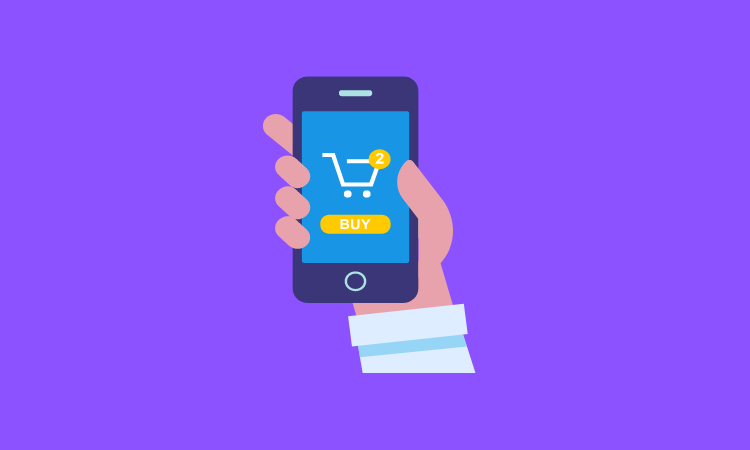Member Exclusive, Podcasts
“You don’t say, ‘Oh, I love Amazon, because I’m logged in and they have my payment information'”: Fast’s Allison Barr Allen
- Fast brings one click checkout functionality to merchants across the internet.
- Co-founder and COO Allison Barr Allen joins us on the podcast to discuss the intersection of ecommerce and payments.








